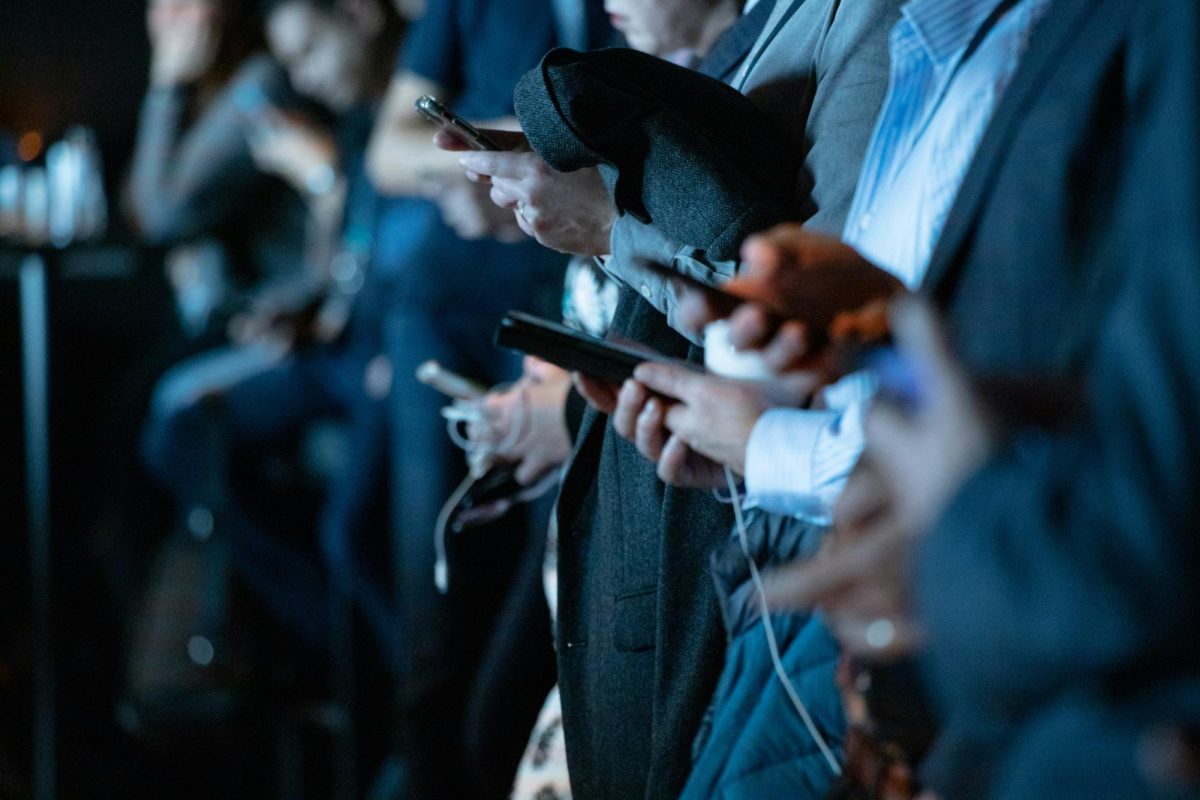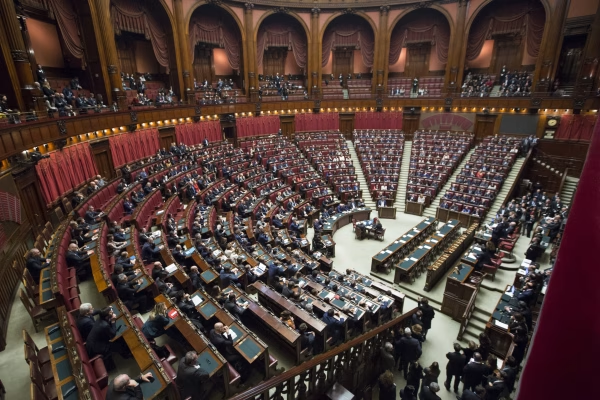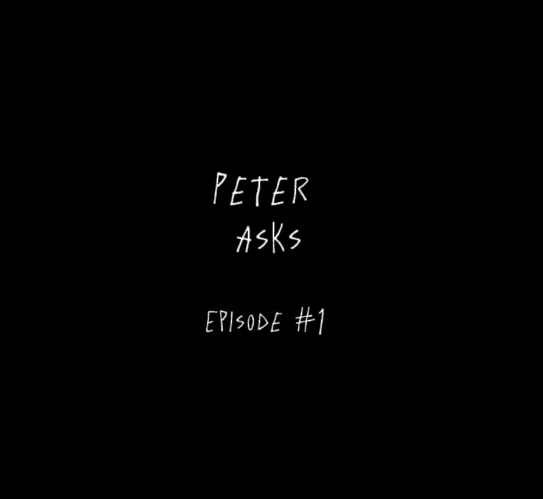Canceling Cancel Culture
Are you worried about your favorite influencer? If not, then you should be! If you have been on social media lately, you have probably seen many influential people getting into big problems with the community. Have you ever wondered why? Well, let me tell you. People have taken it into their hands to “cancel” or completely diminish the popularity of big influencers who have said or done something that others find offensive. They post online about their opinion to cancel a particular influencer and share it across social media to huge groups that stop following the accused person and shame them. The people who are canceling others are part of something known as cancel culture. When it comes to cancel culture, most of us will readily agree that certain people should be canceled. Where this agreement usually ends, however, is on the question of why someone should be canceled. Some people are convinced that people should be canceled, no matter the size of the incident. Others believe that it does matter how bad the incident is for someone to be canceled. Cancel culture is getting out of hand, and cancel culture needs to look at all the evidence provided to them before they decide to cancel someone.
Cancel culture cancels some people for things that they have done in the past but fail to consider how much they have changed now in the present. Some of the people being canceled have changed their personalities and may have corrected their wrongs. A great example of cancel culture canceling someone who has changed their personality is the YouTuber Jeffree Star. Mr. Star was being canceled due to a wrong decision he made when he was 17 years old. If you don’t know who Jeffree Star is, he is a YouTuber who makes makeup tutorials, and he is also the owner and founder of Jeffree Star Cosmetics, where he sells makeup. Eighteen years ago, Star came up with a slang word to call people obsessed with makeup; he called them “lipstick naz*s.” In the summer of 2020, screenshots of him using this term were found and scattered around the internet, causing a riot and essentially getting him canceled. After seeing the uproar, Jeffree Star came out with an apology tweet explaining everything; he apologized and, most importantly, acknowledged his mistake. After addressing the term, Jeffree Star said in his tweet, “It does not reflect who I am today or what I stand for or have EVER stood for. It was a slang term when I was young used by TV shows like ‘Seinfeld’ who had characters named the ‘Soup Nazi’ named for a crazy cook. That’s not an excuse but just giving context. The word itself is disgusting, and I will always be deeply sorry to anyone who had to see that and will continue to be sorry for all the dumb vile shit ive[sic] said in my past.” From my perspective, I believe that Star never meant for that word to be harmful at all and instead intended it to express someone’s obsession with something. Mr. Star apologized and addressed his mistake; anyone who knows him personally knows how much he has changed and become a better person. Some of his friends even backed him up, saying how much he has changed for the better. Instead of altogether canceling him, people should look at him in the present and see how much he has changed for the good and is trying to be a better person. By focusing on canceling Mr. Star, cancel culture overlooks the fact that Mr. Star could have changed his ways for the better Here, many people from cancel culture would object that Mr. Star has changed his personality and became a better person, even though he has shown the effort and dedication into changing old ways. The evil trolls online who ruin people’s lives must not avoid the work people have put in to change and become better people; if they keep on canceling people like Mr. Star, it will kill other people’s motivation to work on themselves and be better. Overall, cancel culture needs to make sure that they go over all the current information they have on someone before ending their career.
Another issue I see cancel culture overlook is that everyone is human and makes mistakes. Their mistakes shouldn’t be exaggerated. If you’ve been living under a rock recently and missed out recently on the cancelation of Dr. Seuss, let me do you a favor and inform you. Dr. Seuss’s estate decided to stop printing and selling six of his books because people believed that the books racially profiled people. Dr. Seuss’s spokesperson from his enterprise said that the books “portray people in ways that are hurtful and wrong.” Let’s take a look at one of our offensive books called And to Think That I Saw It on Mulberry Street, where an Asian man was drawn wearing a straw hat and chopsticks. When it comes to children’s books, you need to consider that there are so few ways to depict someone. If Dr. Seuss’s book had to represent a Mexican and I saw someone with a sombrero and a guitar, I would personally not feel offended at all. From my perspective, how else can you describe someone from a different part of the world to a little kid? There was no intent of a wrong message in the depiction, and in no way did Dr. Seuss mean for the pictures to profile people racially. As described by Dr. Seuss’s stepdaughter, “There wasn’t a racist bone in that man’s body — he was so acutely aware of the world around him and cared so much.” To cancel someone who has also passed away is a complete waste and should instead focus on those out there who are causing way more pain in the world than Dr. Seuss. If you would like to inform yourself more about this topic, please check out this article written by PBS here.
Apart from canceling my favorite childhood author, cancel culture has also decided to cancel people based on speculations that have no evidence to support it. For example, we have a case where a college student falsely accused her school janitor and a campus cop of racially profiling her. Oumou Kanoute, a black student who attends Smith College, was eating her meal in a dorm when a janitor and a cop approached her. They had asked her what she was doing at the dorm, but they received no response from Ms. Kanoute. Ms. Kanoute was crying and could not respond; she had felt as if the janitor and cop had specifically questioned her due to her skin color. Ms. Kanoute later commented on Facebook about the incident saying, “All I did was be Black… It’s outrageous that some people question my being at Smith College and my existence overall as a woman of color.” The janitor was put on paid leave after the incident, and the college president of Smith College sincerely apologized to Ms. Kanoute. And that was that, right? No. Cancel culture decided to side with Ms. Kanoute based on what she was saying and did no more research on the incident to figure out if what she was saying was true. Three months after the incident, Smith College hired a law firm to investigate the incident. They found out that Ms. Kanoute was eating in an empty dorm room that had been closed for the summer. A key factor is that no student was supposed to be in any dorm room and all students were expected to leave campus during break. The janitor who was working there at the time had been encouraged to notify security if he saw any unauthorized person inside any dorm rooms. With all the facts, it can be concluded that the janitor was just following the protocol and called campus police to figure out who the unauthorized person was and have them safely removed from the dorms. On the one hand, cancel culture is correct to assume that the janitor was racially profiling Ms. Kanoute; you would expect her to tell the truth. On the other hand, it is still better to wait and have all the facts before canceling someone. It should almost be thought of like a trial. Someone wouldn’t just be sentenced because of someone’s single sided story; the judge must hear out both sides of the story and make sure that both sides are telling the truth before he can make a decision. Right now, cancel culture is playing judge and are only listening to single sided stories. They must listen to the whole story and figure out what really happened before canceling someone. You can inform yourself more about this topic here.
Cancel culture has done too much, and they need to be controlled. Making sure that cancel culture betters their decision making needs to be taken care of because it allows censorship. By cancel culture going around and canceling people, it sets a standard on what is acceptable and what isn’t acceptable when it comes to expressing yourself either through a post or a video on social media. Cancel culture punishes people for something that they are legally allowed to do, which is their freedom of speech. This issue will not only blow up on the news, but also divide our government; every person will be picking a side and hating others on the opposite side, almost like our past election. After what we’ve all been through, do we want to bring more trouble to ourselves and this country?
Photo by camilo jimenez on Unsplash












Darren Belanger • May 11, 2021 at 1:42 PM
Gerardo, you really got me hooked with this piece! The way you really delved into each example was vital in proving your point!
Good job!